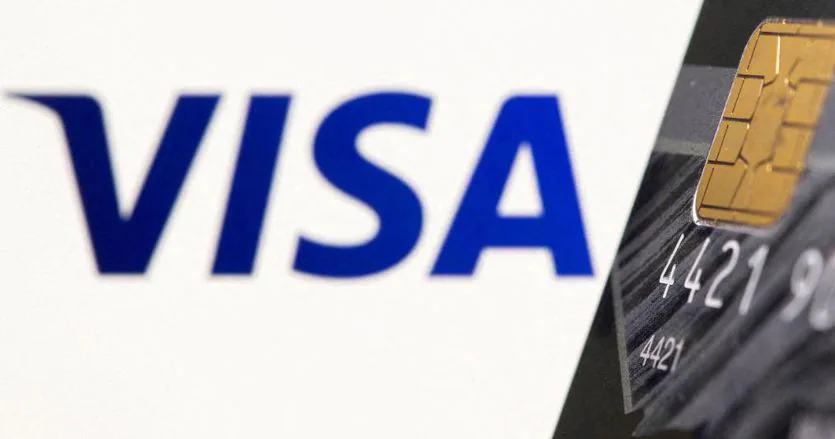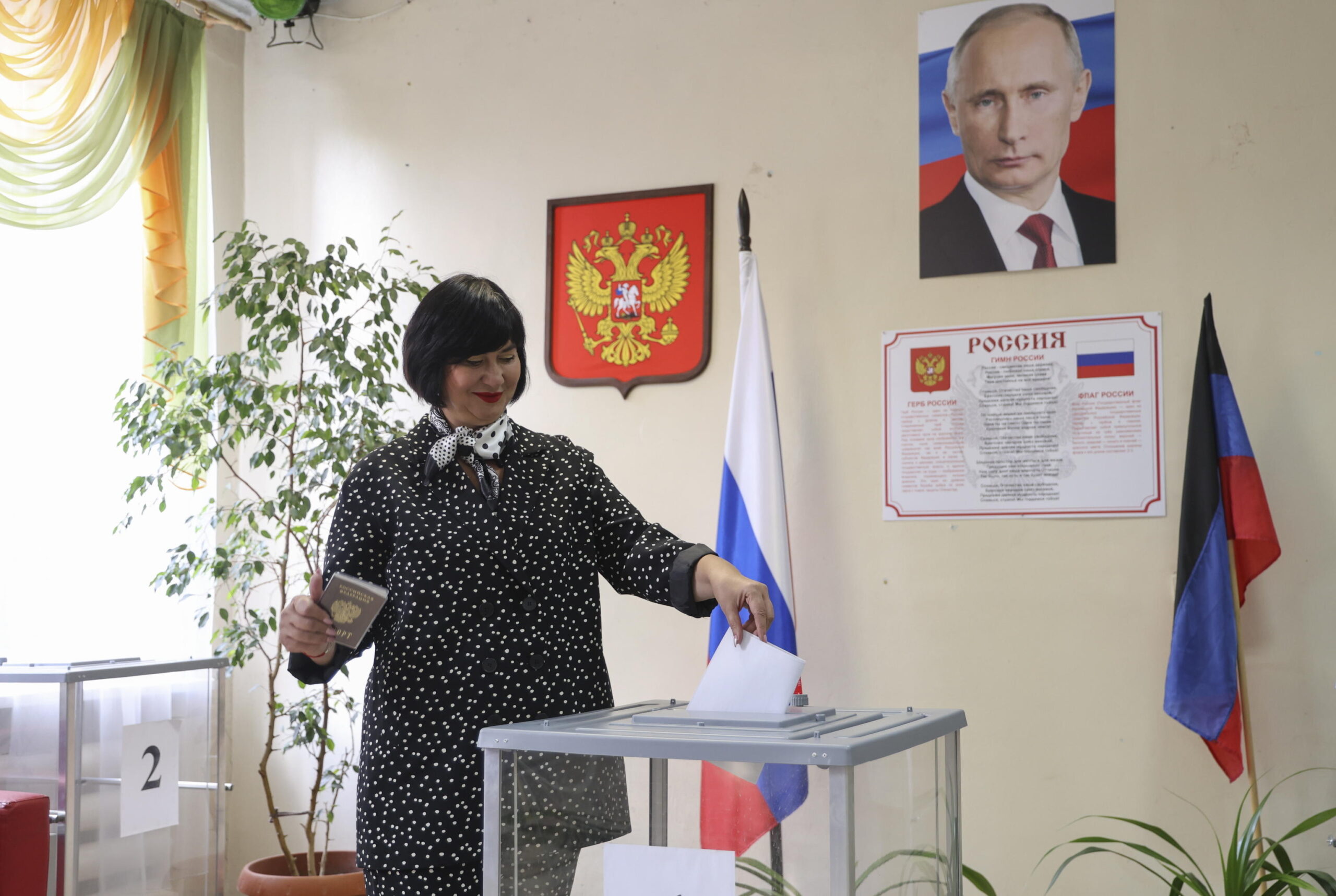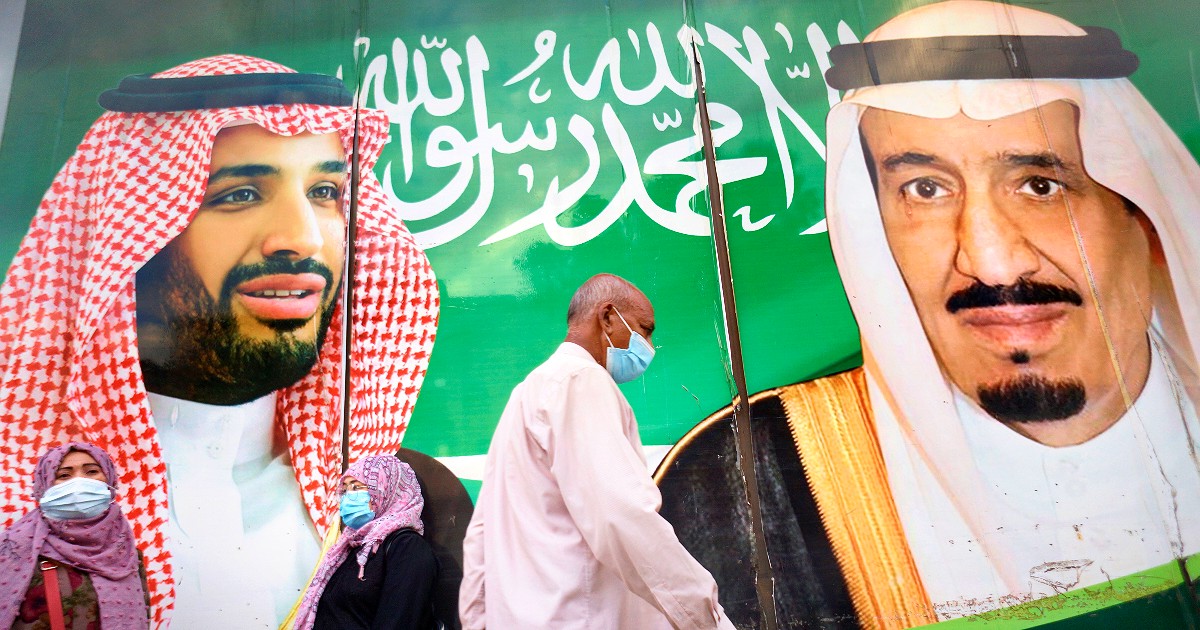Above all, it has become the Mali tsunami, the massive wave of Western sanctions imposed on Putin’s Russia. Tsunami aims to upset the oligarchs (With Swift Lock), but in fact it also affects ordinary citizens. Because what is happening in the past few hours in Russia is the collapse of electronic payment systems affecting the main players in this world: from Visa to Mastercard and even Apple Pay.
It is no coincidence that people rushed to ATMs to grab a few rubles that had depreciated in the meantime. It is no coincidence that the queue at the turnstiles of the Moscow Metro, where users used to pay for tickets by placing their smartphone, smartwatch or credit card on an NFC reader, was blocked by a system that stopped working. Payment are leaving Russia.
The first to do this were Apple Pay and Google Pay, which, after the sanctions imposed after the invasion of Ukraine, broke up various partnerships with major Russian banks. The institutions involved, according to a note from the Central Bank of Russia, are VTB Group, Sovcombank, Novikombank, Promsvyazbank and Otkritie FC Bank. According to Statista, in 2020, 29% of Russians reported using Google Pay, while 20% used Apple Pay. Significant numbers, in an economy deeply tied to cash.
Visa and Mastercard are banned
But what makes the situation worse are the decisions of Visa and Mastercard, the world’s leading credit card issuer. Indeed, in the past few hours, the two American giants have banned several Russian financial institutions from their network, following the trend of government sanctions against Russia. The result is enormous. As many users testify on Twitter, yesterday (February 28) it was practically impossible to make a credit card payment in Moscow.
The international payment circuits of many restaurants, bars and stores are no longer working, obscured by card-issuing companies. And in fact, e-commerce associated with the same circles has also been banned. All this has a very heavy impact of international sanctions on ordinary citizens. MasterCard, in a statement posted on its website, said it had “blocked several Russian financial institutions” from its payment network “following sanctions orders”. The company also announced that it will continue to “work with regulators in the coming days to fully comply with our compliance obligations.” “Given the ongoing emergency – they wrote from Mastercard – we are also working with our partners to direct funding and humanitarian assistance where they can make the greatest impact. Today we announced a $2 million contribution to the Red Cross, Save the Children and Staff Assistance Fund for Humanitarian Assistance.” In recent days, several members of the Ukrainian government – beginning with Prime Minister Volodymyr Zelensky – have asked Visa and Mastercard to block their partnerships with Russian banking institutions. The operation that the two companies have now carried out, but is likely to follow the line of the Western sanctions regime, and not at the request of Ukrainian leaders.

“Reader. Travel maven. Student. Passionate tv junkie. Internet ninja. Twitter advocate. Web nerd. Bacon buff.”





